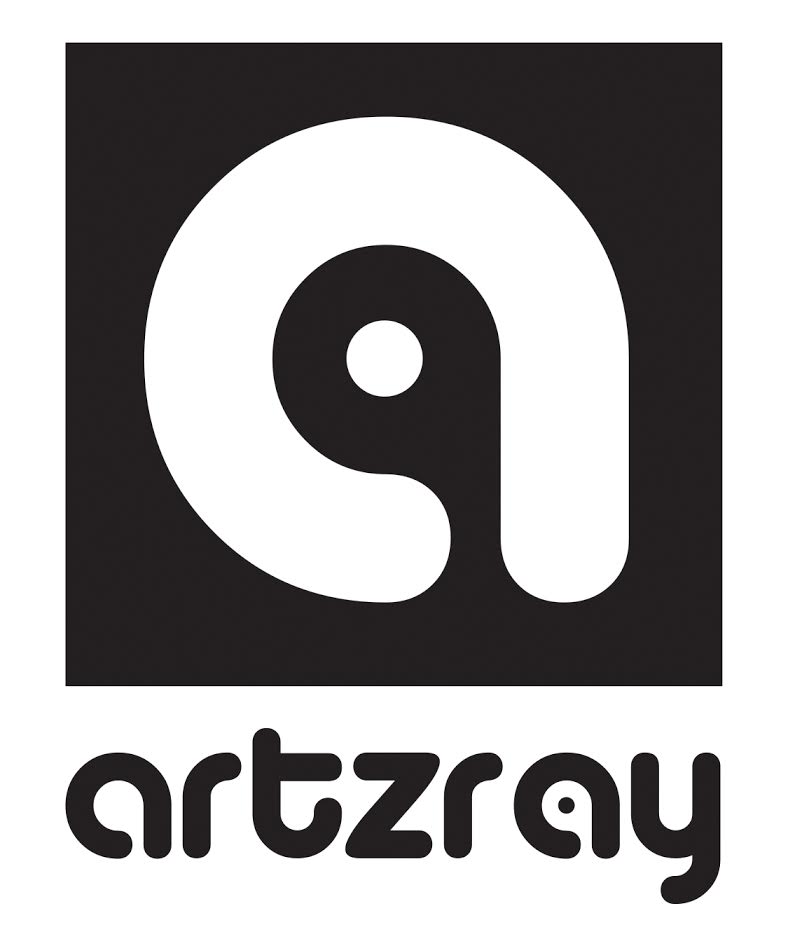What Artists Are Good At (Besides Making Art)
I spent my grade school and high school years heavily engaged in artistic pursuits: drawing and painting, music (classical piano), theater and improv comedy. I was never discouraged from being creative, but early on I certainly got the impression that it was much more practical and useful—and therefore “better”—to be good at stuff like math, so I always felt like an outsider in regular academia.
UCLA
For college, I was accepted to UCLA for art. Even though I had submitted a portfolio and understood somewhat that the portfolio was the department’s primary admission criteria, I was still deeply confused at the fact that I, the not-so-great academician, had been admitted to an elite research university.
The author in the art studio at UCLA.
Mentors Really Do Make a Difference For An Artist
Fortunately, between high school and college I had an internship where my boss straightened me out. Peggy van Pelt, who was the head of Talent Development at Walt Disney Imagineering, was an expert on creative people: how they thought, how they worked, what they were good at, how to bring out the best in their work, etc., and by the end of the summer, I understood that the way creative people work develops and refines all kinds of useful skill sets that are applicable to the modern workforce.
10 Things That Artists are Great At!
Often referred to as “soft skills” in industry jargon, don’t be fooled; these are real skills and characterological assets that can be the key traits that will get you a job and then allow you to rise to leadership and management positions. For example, here are a few things that artists are great at (besides making art):
- Problem solving – being able to approach an issue and come up with many solutions
- Working alone with minimal supervision
- Working collaboratively
- Discipline – persistence and grit
- Resilience – able to recover from set-backs
- Multitasking as well as single focus
- Delivering articulate critique
- Accepting critique and utilizing feedback positively
- Being able to consider issues from a big-picture viewpoint as well as in detail
- Creating meaningful aesthetic experiences that help yourself as well as others understand the human condition (I think this one is the most important!)
Using My Art Skills Daily
I did end up going to UCLA and got involved with admissions outreach work, which eventually led to my current position as Director for Enrollment Management for the UCLA School of the Arts and Architecture. My job is an administrative one but I use my art skills on a daily basis. I have to do a lot of public speaking, for example, and most people are terrified of public speaking. Not me though, because after years of making a fool out of myself in improv comedy performances, nothing scares me anymore! I also discovered that I have a math brain after all. My position requires me to keep statistical data, and because that data has to do with real people (and because I color-code all of my graphs), I understand the numbers so much better. My job also affords me the opportunity to work on multiple projects: after all those years of balancing schoolwork with artwork, I have way more fun if I’ve got at least ten plates spinning. I am happy working by myself, with other people, or leading teams. Because everything I do has the common goal of supporting young artists, the work I do always feels meaningful and invested.
Discover Who You Are As An Artist and Use It
We all have to figure out how to engage with our environments so that we can discover how to give back to our community. I never wanted to be a professional artist in the sense that I wanted to produce art and sell it in the marketplace. However, I have a deep respect and appreciation for what creative people have to offer society: we have so much to contribute, and in more ways than most people realize. It’s never too early to know what you’re worth, and all of the ways that you can engage your talent.



